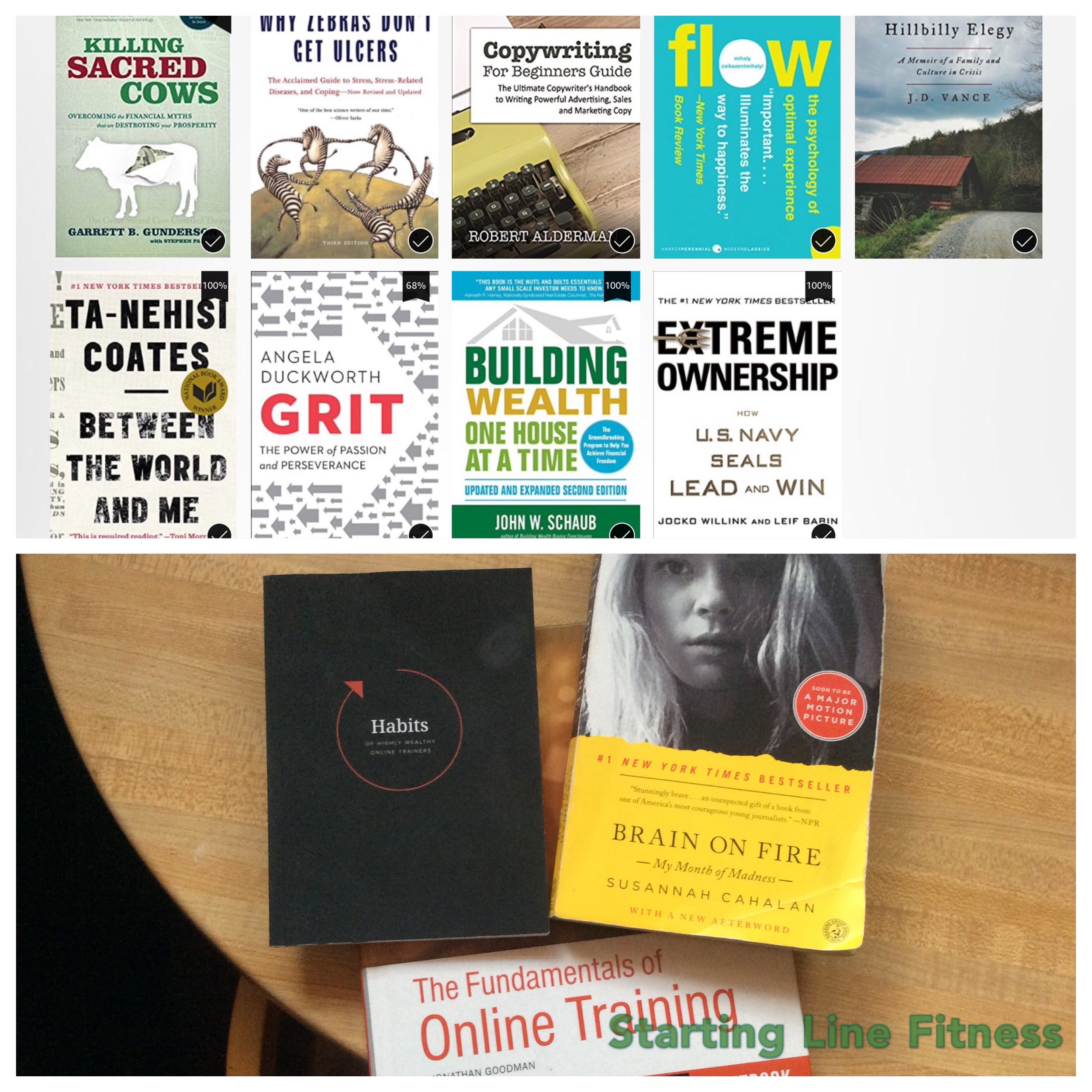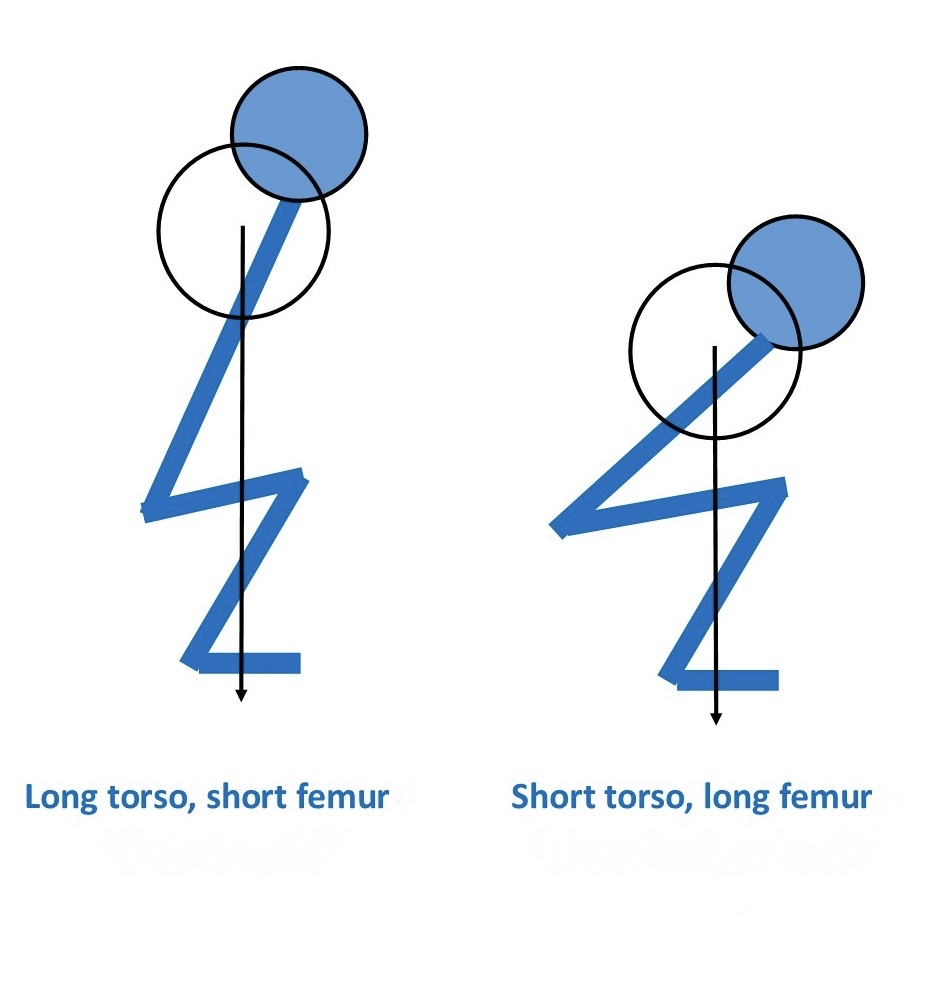I think I've mentioned this before but I've been asking clients "what's the one thing (non-gym related) you're going to do this week to help you reach health/fitness goals?" I basically send each client an email every Sunday and then touch base during their first session of the week. I do this to help them realize that while going to the gym is great, you have to be doing stuff outside of the gym if you really are looking to make sustainable changes.
The other reason I do this is because clients usually try to do too much. Often when I ask for the "one thing" clients will often come back with 2 or 3. I always push back against this and have them choose one. I've found that most of the time when clients try to do 3 things, they often end up doing none. So I help them decide on one thing and go from there.
Picking one thing sounds (and is) simple but it's not easy. I had two clients this morning that showed this to be the case.
- Client #1: When I asked him what his one thing for the week is he replied, "I'm going to drink water & go for a 10 minute walk every hour." This is a pretty good answer (I count water and walking as one thing, because when you drink water you should move around so that it's absorbed) on the surface.
When you dig a little bit though you realize some things. For instance, he has a job. He'd be taking an hour and twenty minutes just to walk around. So I asked is this feasible?
We ended up settling on water and a 5 minute walk every hour. It's better to start small, succeed and grow than it is to start big and fail. This is psychology at play; success and failure but snowball.
- Client #2: When I asked him what his one thing for the week is he replied, "I'm going to do all the stuff I'd been doing." Last week was a particularly busy and stressful for him. So he thought he would just restart doing everything.
Problem here is before last week he had done at least six of these weekly habits. It would be awesome for him to just pick up where he left off, but like a I said trying to do a bunch of things is a quick way to get nothing done. Even if you've done them all before.
We ended up settling on him only one drink per night. This was a habit he practiced back in January that he's going back to. He's been successful with this in the past but then life happened. He essentially taking a step back so that he can take, at least, two steps forward.
So figure out ONE thing that you can and will do this week. Make sure you do the one thing, whatever it is. If you do some other stuff, that's great but really focus in on the one thing. Use the success of the one thing to lead you into next week's one thing and so on.
The other part of this is accountability. Tell someone about you're one thing and have them check in on you. Better yet, leave a comment and I'll check up on you.




